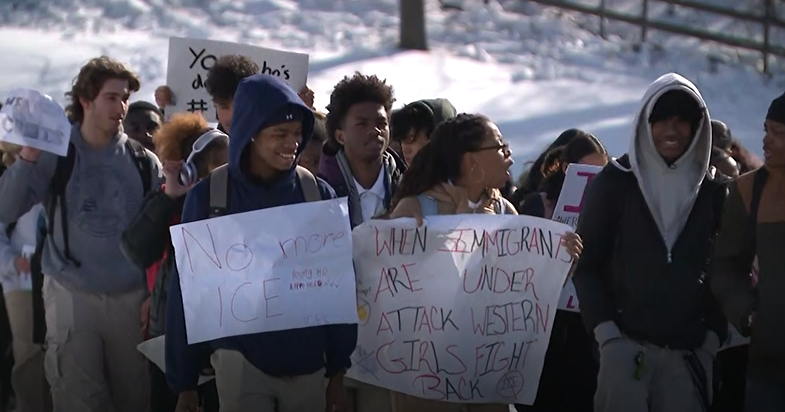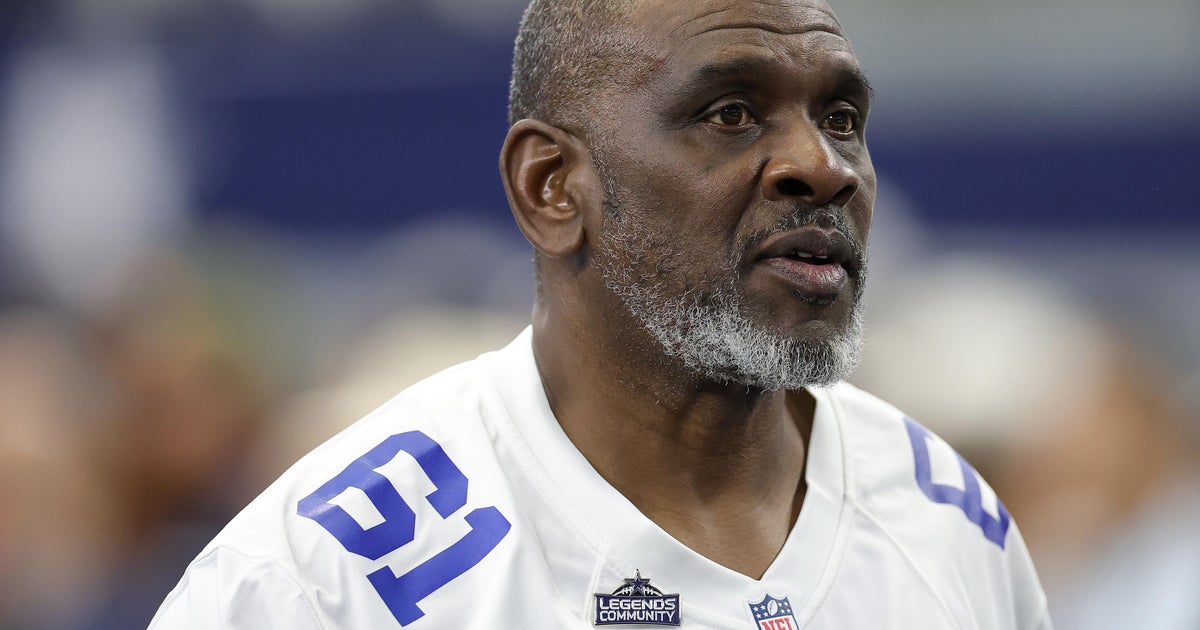President Trump Outlines New Strategy For War In Afghanistan
NEW YORK (CBSNewYork/AP) -- In a prime-time address to the nation Monday, President Donald Trump outlined the strategy he believes will best position the United States to eventually declare victory in the war in Afghanistan.
Trump announced to the nation that the war will press on, with no clear end in sight. His address cemented his standing as the third American president to oversee a conflict that has vexed Republicans and Democrats alike.
The president said his initial instinct was to pull out of the conflict altogether.
"Historically I like following my instincts," Trump said, "but all my life I heard that decisions are much different when you sit behind the desk in the Oval Office."
Instead, the president called a rapid exit "both predictable and unacceptable."
"A hasty withdrawal would create a vacuum that terrorists -- including ISIS and al Qaeda -- would instantly fill, just as what happened before September 11th," Trump said.
As CBS2's Tony Aiello reported, Afghanistan is where al Qaeda planned the September 11, 2001 attacks.
"Operation Enduring Freedom" was launched 26 days after the Twin Towers fell and almost 16 years later, American troops are still fighting there.
Trump called for a multi-pronged effort, pressuring Pakistan and Afghanistan to do more to fight al Qaeda, ISIS, and the Taliban -- and demanding America's allies in NATO contribute more to the war effort.
"Today twenty U.S. designated foreign terrorist organizations are active in Afghanistan and Pakistan – the highest concentration in any region of the world," the president said. "For its part, Pakistan often gives safe haven to agents of chaos, violence and terror. The threat is worse because Pakistan and India are two nuclear-armed states whose tense relations threaten to spiral into conflict."
He said the priority in both Afghanistan and Pakistan was to "stop the re-emergence of safe-havens that enable terrorists to threaten America."
"We must prevent nuclear weapons and materials from coming into the hands of terrorists and being used against us," Trump said.
Moving forward in the conflict, the president called for a shift from a time-based approach to "one based on conditions," calling the United States announcing dates for beginning or ending military operations "counterproductive."
"We will not talk about numbers of troops or our plans for future military actions," Trump said.
The president said Afghanistan's neighbor to the east Pakistan "has much to gain from partnering with our effort in Afghanistan," but also "much to lose by harboring terrorists."
"We can no longer be silent about Pakistan's safe havens for terrorist organizations, the Taliban, and other groups that pose a threat to the region and beyond," Trump said.
Finally, the president pledged that the military would "have the necessary tools and rules of engagement to make this strategy work."
Trump's plans, while vague at times, amount to a victory for the military men increasingly filling Trump's inner circle and a stinging defeat for the nationalist supporters who saw in Trump a like-minded skeptic of U.S. intervention in long and costly overseas conflicts.
The president spoke boldly Monday of victory, defining success as "attacking our enemies" and "obliterating" ISIS. Winning the war, Trump said, would mean preventing the Taliban from taking over Afghanistan and stopping mass terror attacks.
Trump tweeted Saturday that he had reached a decision on the way forward in Afghanistan, a day after he reviewed war options with his national security team at a meeting at Camp David, Maryland.
The president has previously called the situation "a mess."
Some Republican lawmakers have voiced support for a shift in strategy.
"We've seen the Taliban and associated terrorist organizations make gains in recent years. It's time to stop these gains and roll them back," U.S. Sen. Tom Cotton (R-Arkansas) said. "We cannot allow Afghanistan to once again become an ungoverned country from which terrorist organizations can launch attacks against the United States and our citizens."
Others within the president's own party disagreed.
"Continuing to put more troops in is not the way I think we should go," Ohio Governor John Kasich said. "I think we should begin to leave. To just stay there after 16 years, I want our people to be able to come home."
CBS2 reported that through June 9th, the war in Afghanistan has claimed the lives of more than 2,200 American troops and has cost more than $800 billion.
In tweets as a private citizen, Trump often called for an end to U.S. troops in Afghanistan. As president, he's put great trust in his generals to develop a plan to win the war after 16 long years, with some calling the country's standing in the war a "stalemate."
"It's a very big decision for me," the president recently said. "I took over a mess, and we're going to make it a lot less messy."
Monday's speech was Trump's first since the controversy over his reaction to the violence in Charlottesville. An early passage seemed to aim at healing.
"Love for America requires love for all people," he said. "When we open our hearts to patriotism, there's no room for prejudice, no place for bigotry, and no tolerance for hate."
At a CNN town hall program Monday evening, House Speaker Paul Ryan praised those words, saying Trump "messed up" with his earlier Charlottesville comments.
As for Afghanistan, critics -- including Democratic New York Senator Kirsten Gillibrand -- say the president's plan lacks details and a vision for achieving victory.
(© Copyright 2017 CBS Broadcasting Inc. All Rights Reserved. The Associated Press contributed to this report.)







